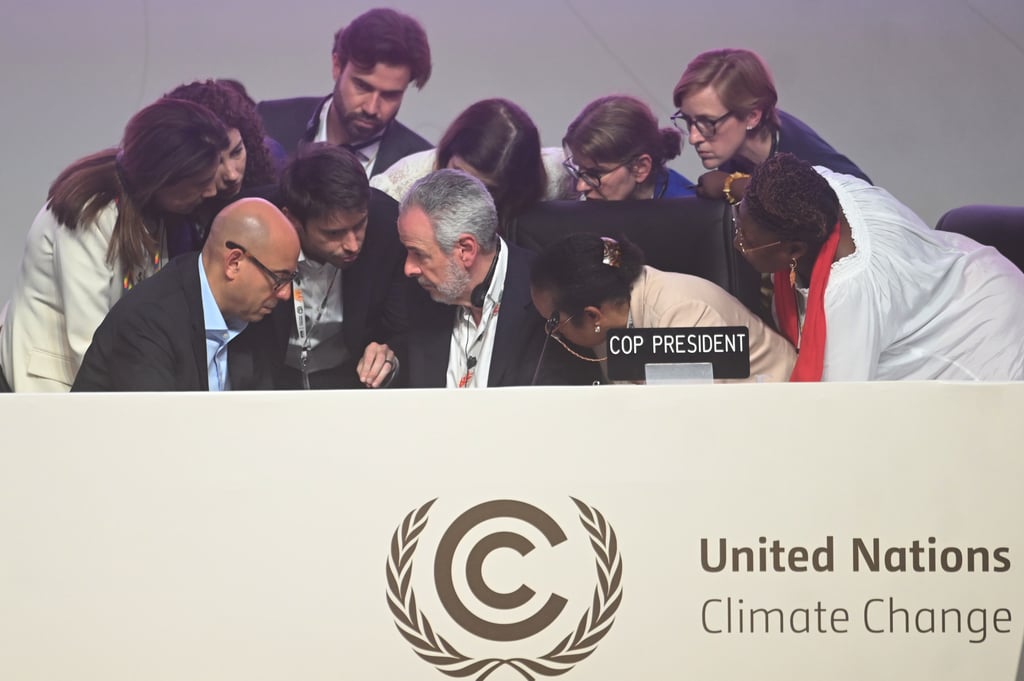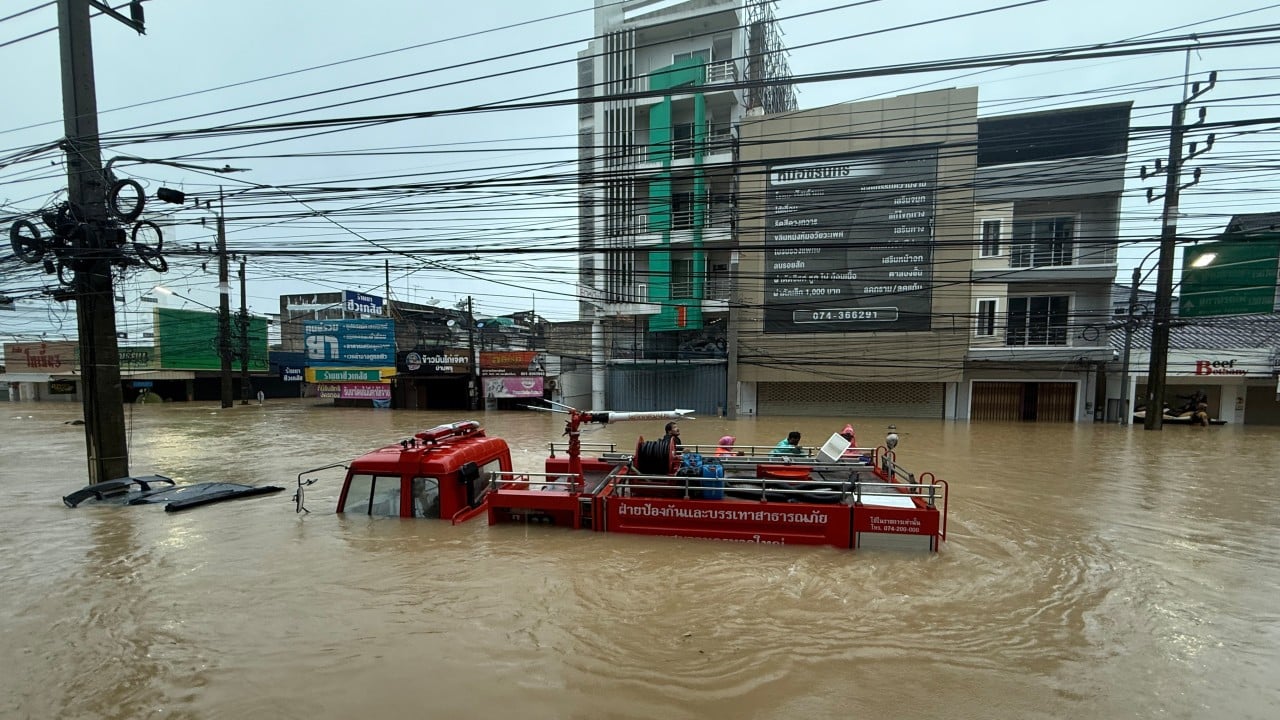A joint declaration at the Cop30 summit in Brazil – struck without United States participation after Washington withdrew from the Paris climate pact – has kept fragile climate cooperation alive for the Global South even as the meeting fell short of a fossil fuel phase-out.
Advertisement
Observers said the outcome revealed both the limits of strained multilateralism and the room that still existed for developing nations to influence the global transition, with several pointing to the UN climate change summit’s finance pledges and new institutional mechanisms as signs of cautious progress.
The Cop30 summit, which was due to end on Friday, overran into Saturday as world leaders sought to reach an agreement at the first international climate conference held since the Trump administration abandoned cooperation on global warming.
The final deal approved language that would triple the money for poorer countries to adapt to the worsening impacts of warming, but shied away from a clear road map on how countries should transition from fossil fuels despite urging from host Brazil.

World leaders at the Cop28 summit held in the United Arab Emirates in 2023 agreed for the first time about the need to transition away from fossil fuels to limit global warming to below 1.5 degrees Celsius above “pre-industrial levels”, which was decided on at the Paris Agreement in 2015.
Advertisement

